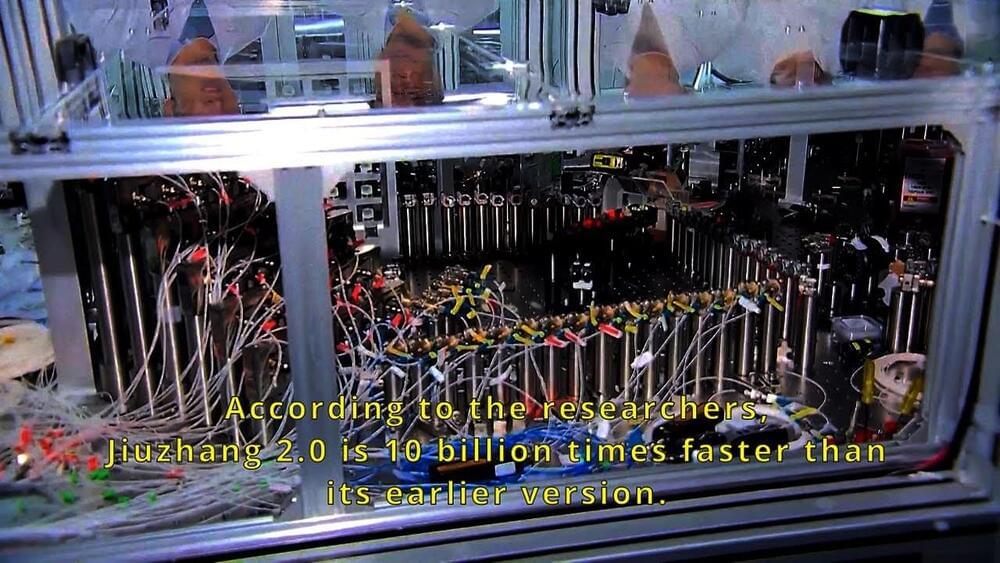As a clarification, true self-driving cars are ones that the AI drives the car entirely on its own and there isn’t any human assistance during the driving task.
These driverless vehicles are considered Level 4 and Level 5 while a car that requires a human driver to co-share the driving effort is usually considered at Level 2 or Level 3. The cars that co-share the driving task are described as being semi-autonomous, and typically contain a variety of automated add-on’s that … See more.
Asphalt is all around us, that’s for sure.
Our highways are typically made of asphalt. Streets are made from asphalt. Parking lots. Airport runways. Even tennis courts and the very rooftops on our homes are oftentimes reinforced or entirely composed of some quite handy dandy asphalt.
Asphalt that is used to construct these various everyday elements is usually trucked to the location that needs the asphalt for building purposes.









